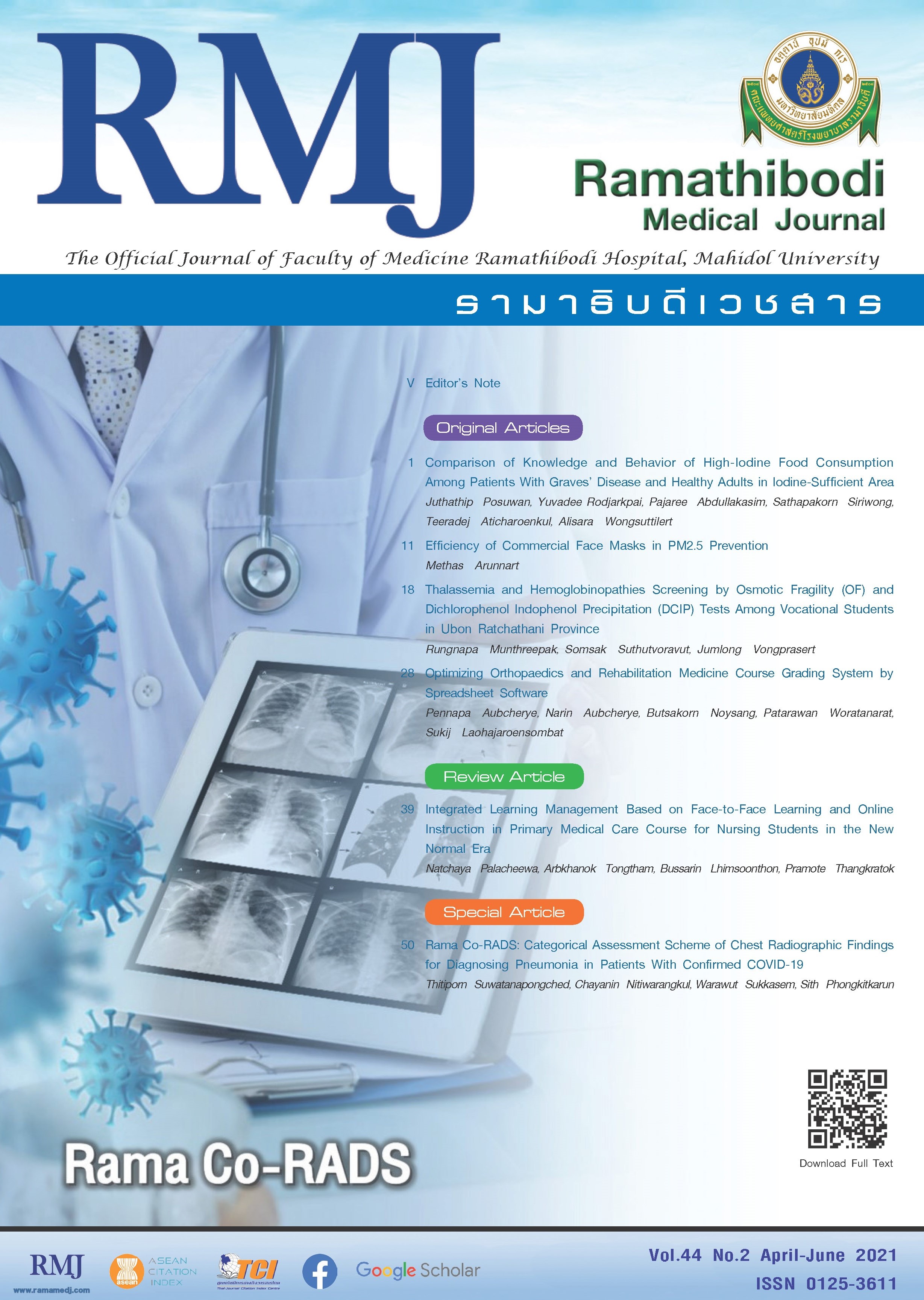Editor's Note
Abstract
There is an interesting finding suggesting how academia do citation. I would like to remind readers about 2 prominent studies1, 2 that used a database from Surgisphere, a little-known EMR provider. Both studies were retracted in June 2020 due to concerns about unreliable data. A recent research letter by Lee et al3 shows that even 6 months after the retractions, there are 181 articles citing both studies. And, regrettably, more than 50% of such articles did not noting about retraction. It is hard to imagine why this happened in academic articles. My speculation is that it happened because of the practice called indirect citation. Indirect citation is when authors cite bibliographies(references) following other articles, but authors have not read or accessed the original works. People may call this as recklessness or sloppiness that should not happen to academic articles. Unfortunately, it does happen as the evidence shown.
At RMJ, we routinely do reference checking manually for “each and every” citation. The primary reason is the correctness. As the evidence suggested, we need to check for retraction too, to avoid problem of indirect citation that may discredit the quality of articles published in RMJ.
References
2. Mehra MR, Desai SS, Kuy S, Henry TD, Patel AN. RETRACTION: cardiovascular disease, drug therapy, and mortality in Covid-19. N Engl J Med. 2020;382(25):e102. doi:10.1056/NEJMoa2007621
3. Lee TC, Senecal J, Hsu JM, McDonald EG. Ongoing citations of a retracted study involving cardiovascular disease, drug therapy, and mortality in COVID-19. JAMA Intern Med. Published online August 02, 2021. doi:10.1001/jamainternmed.2021.4112













